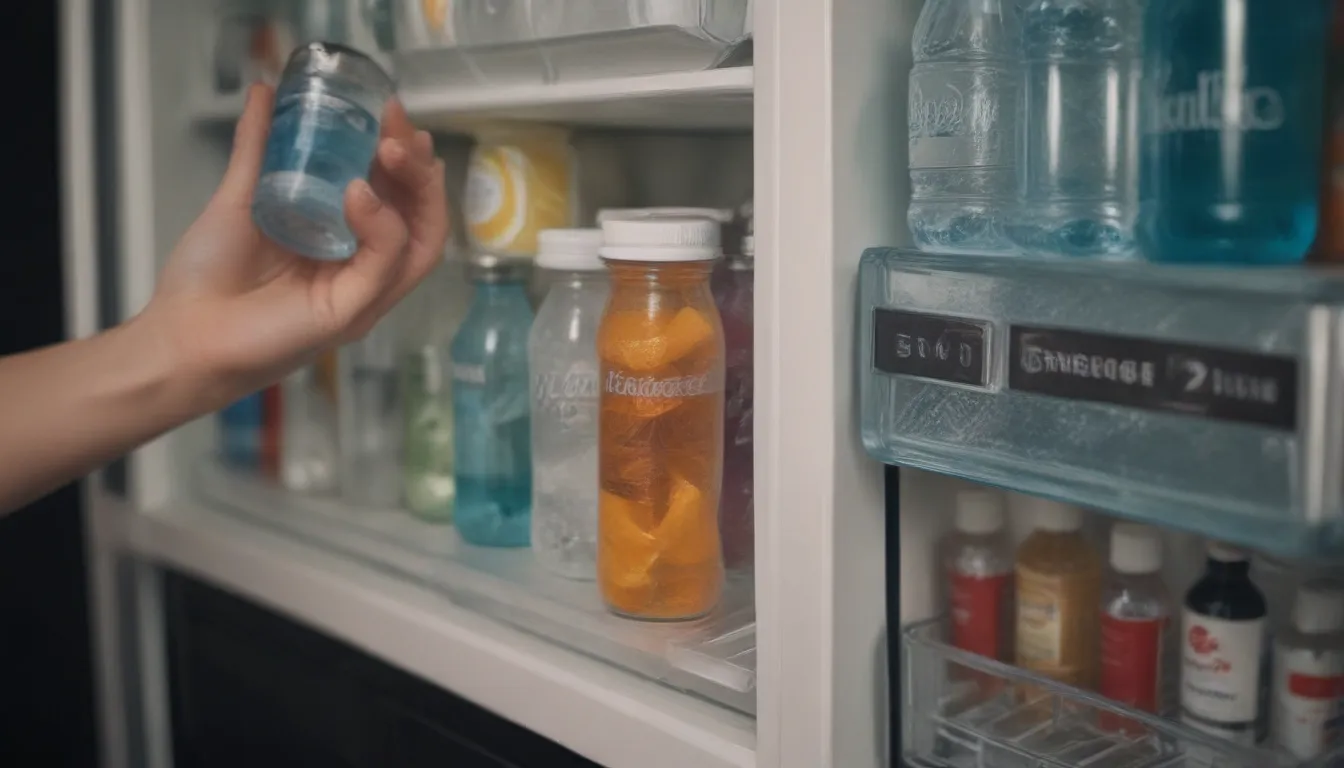The Ultimate Guide to Refrigerator Water Dispensers: Pros, Cons, and Everything in Between

Whether you’re in the market for a new refrigerator or considering upgrading your current model, the decision to include a water and ice dispenser can be a game-changer. While these features offer convenience and upgraded filtration, they also come with additional costs and maintenance. In this comprehensive guide, we will delve into the pros and cons of refrigerator water dispensers to help you make an informed decision that suits your needs.
How Refrigerator Water Dispensers Work
Refrigerators equipped with automatic ice makers and external water dispensers tap into a cold water supply pipe near the appliance. A small tube connects the refrigerator to the water supply, allowing for easy access to chilled water and ice cubes. This innovation first appeared in the 1980s, starting with basic ice makers and later evolving to include water filtration systems.
Advantages of a Refrigerator Water Dispenser
-
Convenience: The most significant advantage of having a refrigerator water dispenser is the convenience it offers. Having easy access to chilled water and ice cubes simplifies meal preparation and entertaining guests.
-
Healthier Drinking Water: With built-in water filters, refrigerator dispensers often provide better-tasting and healthier water than tap alternatives. These filters can remove contaminants like lead and mercury, enhancing the quality of your drinking water.
-
Attractive Feature: A refrigerator with water and ice dispensers can be a selling point for your home. While it may not increase property value significantly, it can appeal to potential buyers looking for modern conveniences.
Disadvantages of a Refrigerator Water Dispenser
-
Added Costs: Refrigerators with water dispensers typically come at a higher price point, with additional costs for electricity, replacement filters, and professional installation.
-
Maintenance: Regular filter replacements are necessary to maintain fresh-tasting water and ice. Failure to do so can result in reduced water quality and potentially frozen water lines.
-
Repair Issues: Refrigerators with water dispensers are prone to breakdowns, leading to additional repair expenses. Consider investing in a service contract to offset potential repair costs.
Enhancing Your Refrigerator Water Dispenser Experience
While refrigerator water dispensers offer convenience, there are ways to enhance your experience and address potential limitations:
-
Upgrade Your Filtration: Consider adding a multi-stage filtration system to further improve the taste and quality of your drinking water.
-
Invest in Service Contracts: To mitigate repair costs, look into appliance repair service contracts that cover potential breakdowns.
-
Manage Maintenance: Regularly replace filters and monitor the condition of water lines to ensure optimal performance.
In conclusion, refrigerator water dispensers can be a valuable addition to your kitchen, offering convenience and improved water quality. By understanding the pros and cons and implementing best practices for maintenance, you can make the most of this modern appliance feature. Whether you’re a seasoned homeowner or a first-time buyer, consider the benefits and drawbacks of a refrigerator water dispenser before making your purchase.





